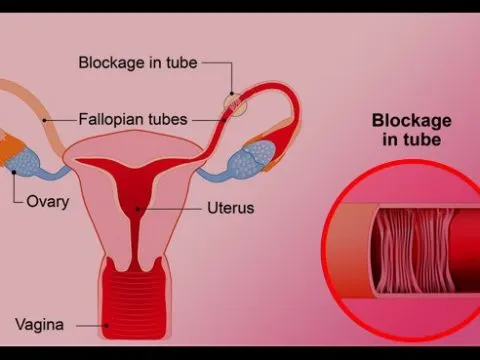At Nisha IVF, one of the top IVF clinics in Ahmedabad, we are proud to help people start the families they have always wanted. We offer several advanced assisted reproductive treatments to address male and female factor infertility at our fertility treatment centre in Ahmedabad. It also includes options for treating fallopian tube blockages.
Some of our patients have concerns about this sort of female infertility. Hence, we would want to go over the fundamentals of blocked fallopian tubes and their treatment.
So, first, let’s know,
What is Fallopian Tubes Blockage?
Any condition that obstructs a woman’s fallopian tubes is referred to as a fallopian tube blockage. When a woman’s fallopian tubes are blocked, the egg and sperm have a more challenging time making contact. It is because the fertilized egg is unable to migrate from the ovaries to the uterus. It becomes more difficult to conceive naturally as a result of this increased difficulty.
How Common Are Issues with Blocked Fallopian Tubes?
Fallopian tube obstructions frequently cause female factor infertility. Problems with the fallopian tubes are responsible for 20% to 40% of female infertility cases.
The fallopian tubes don’t need to be obstructed entirely to cause issues. In many cases, a woman’s fallopian tubes are partially blocked, which can cause a variety of problems, including ectopic pregnancy, a painful condition in which a fertilized egg gets stuck in a partially obstructed fallopian tube.
Let’s know,
What Causes Fallopian Tube Blockages?
The following are some of the most common reasons for blocked fallopian tubes:
- Pelvic Inflammatory Disease (PID)
- Infections of the pelvic region
- Endometriosis
It is also worth noting that a woman’s fallopian tubes might be impeded or altered for contraception purposes.
How is Fallopian Tube Blockage Diagnosed?
1. Hysterosalpingogram (HSG)
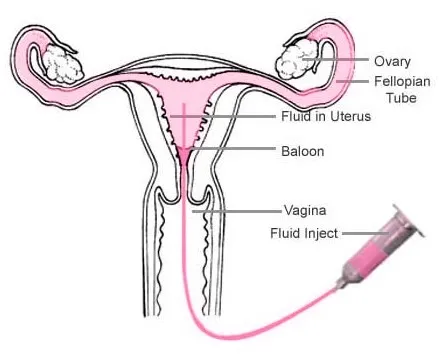
HSG is a type of X-ray that uses a contrast dye to check for obstructions in the fallopian tubes.
2. Sonohysterography
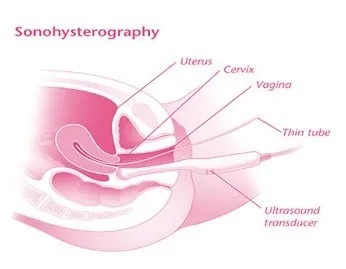
It shows an ultrasound image of the reproductive tissues to detect any defects.
3. Transvaginal Ultrasound
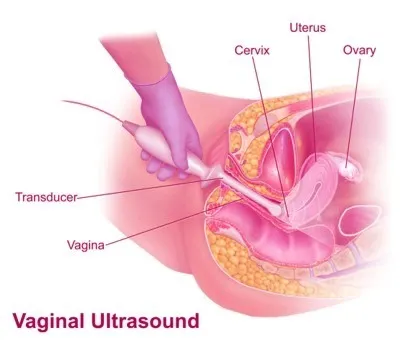
It is a form of the imaging procedure. It makes a picture or video of patients inside organs using sound waves. The doctor inserts the transducer into the patient’s vaginal canal and uses the video/image on the screen to examine the uterus.
4. Sonohysterosalpingography
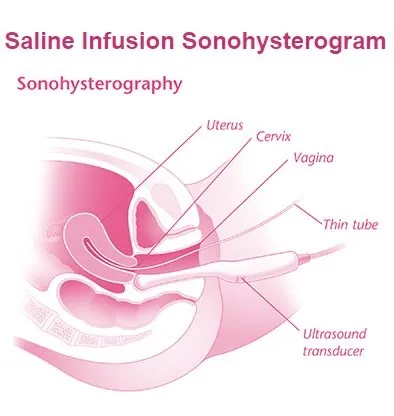
In many cases, ultrasound may not be able to detect the blockage. So, the doctor may recommend sonohysterosalpingography to determine the presence of hydrosalpinx. During the examination, the doctor supplies a saline solution into the uterus. It delineates places that a routine ultrasound cannot.
5. Laparoscopy
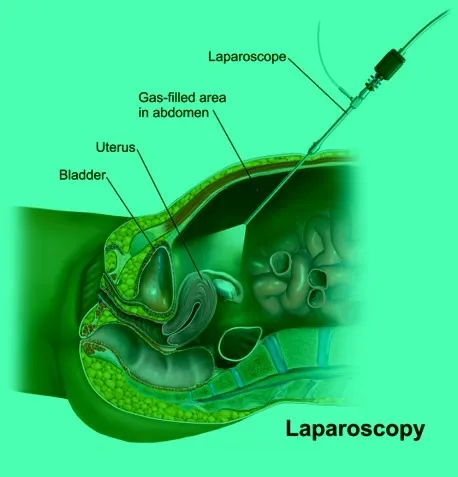
Doctors use laparoscopy to diagnose tubal blockage and rule out other conditions. It entails inserting a laparoscope, a small, illuminated probe, into the abdomen through small incisions. The equipment transmits video to a screen, which allows the doctor to inspect the uterus and fallopian tubes.
6. Chromotubation
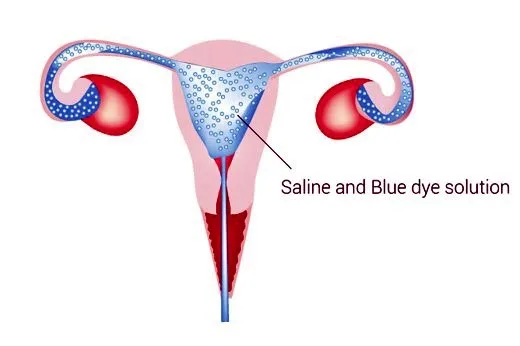
It is a technique that includes injecting a dye and saline into a woman’s fallopian tubes to see if any obstructions are hindering her fertility.
Now, let’s discuss about,
Treatment of Blocked Fallopian Tubes
- Blocked fallopian tubes can be treated in a variety of ways. In vitro fertilization (IVF) is an excellent option to consider for women who are just attempting to establish a family on their own.
- In vitro fertilization (IVF) involves extracting a viable egg and fertilizing it in a laboratory. Then, the embryo stage egg is implanted in the uterus to achieve conception.
- In some cases, a woman’s fallopian tubes may need complete surgical reconstruction. Tuboplasty refers to the surgical treatment of a blocked fallopian tube.
- The best option for you will be determined by several criteria, while more and more women are turning to IVF and fertility treatments for these issues because they are more effective.
When Should One Seek Fertility Treatment?
If a couple cannot conceive naturally after a year, they should seek help from a fertility specialist. It may differ if you know you have a medical problem that makes it difficult to conceive.
Because having a child and undertaking any medical procedure is such a significant decision, we will make every effort to answer all of your queries and address any concerns you may have while considering any fertility treatment options.
Contact Nisha IVF Center
If you want to know more about the various treatments for female and male factor infertility, please get in touch with our proficient fertility specialist in Ahmedabad right now. Our team of fertility experts is always happy to assist you.

